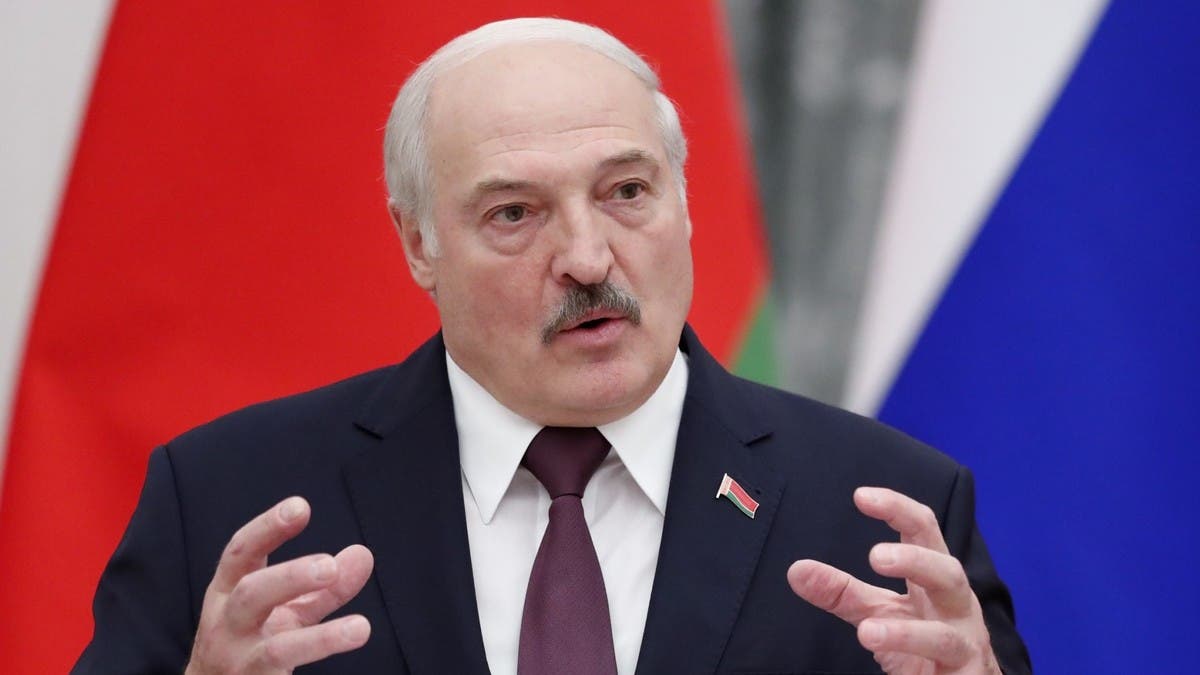EU diplomats agreed Wednesday to add 28 individuals and bodies to its Belarus sanctions list in response to the alleged channeling of migrants to the bloc's borders.
Brussels accuses strongman Alexander Lukashenko's regime of mounting a “hybrid attack” against EU soil by luring thousands of Middle Eastern migrants to the Polish and Lithuanian borders.
Member states had already decided to slap sanctions on several Belarus targets, and on Wednesday senior envoys approved a list drawn up by the European Commission, diplomats said.
For the latest headlines, follow our Google News channel online or via the app.
According to one of the officials, the new targets include 17 officials and 11 companies or official bodies. EU ministers are expected to formally ratify the decision on Thursday.
Also on Wednesday, the US said it too would announce new sanctions against Belarus.
“I think you will very soon see a sanctions package that's been coordinated” between the US and the EU, a senior US state department official said.
Speaking on the sidelines of a visit by US Secretary of State Antony Blinken to Sweden, the official said the sanctions could be imposed as early as this week.
The EU has already imposed sanctions on 166 people and bodies, including Lukashenko and two of his sons, over a crackdown on protests over his disputed 2020 re-election.
Western capitals have refused to recognize the vote, arguing it was rigged, but Lukashenko has retained the support of Russia's President Vladimir Putin.
In June, Brussels imposed economic sanctions on key sectors of the Belarus economy — potash, oil and tobacco — and it has banned Belarus airlines from its air space.
The regime has allegedly responded by encouraging thousands of migrants — mainly Syrians, Iraqis and Yemenis — to fly to Minsk and head to the EU borders. Lukashenko denies he is responsible for the influx.
Polish police have set up razor wire barriers and turned back hundreds of travelers camped out in freezing, damp forests.
Polish authorities will not allow journalists into the border area, but reports suggest a dozen migrants have died in the chaos and squalid conditions.
Read more:
Belarus does not want migrant ‘conflict’: Lukashenko
Belarus says it has turned back 2,000 migrants
More than 100 migrants mainly from Mideast flown out of Belarus

 World2 years ago
World2 years ago
 World2 years ago
World2 years ago
 Entertainment7 years ago
Entertainment7 years ago
 World7 years ago
World7 years ago
 Entertainment7 years ago
Entertainment7 years ago






